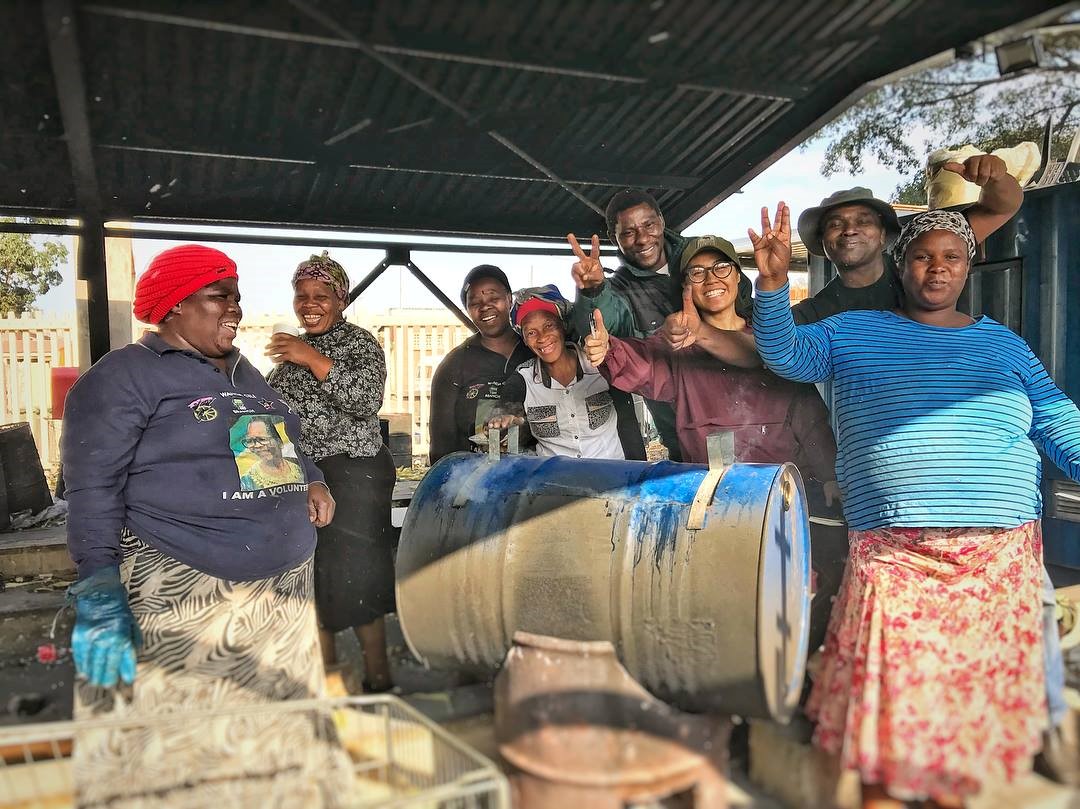Kanyenathi (and Newsletters)
The Kanyenathi project, in which traders were trained to identify and prioritise their infrastructure needs, was carried out over 3 years and ended in 2017. Having identified their needs, the intention was to then enable a process for the informal workers to engage with the City on an ongoing basis. Whilst the research project is now … Read more






